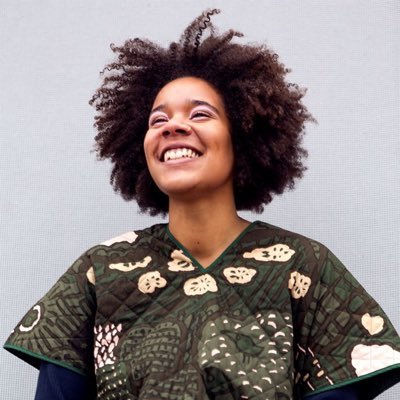We are concerned about climate change and rising sea levels. Research and new innovations are helping us fight climate change. We are imagining a future with architecture adapted to rising sea levels. We are projecting cities which will withstand climate change. But in the present, there are parts of the world where people experience floods and drought every year. As we are scraping to fight climate change, it is already a daily part of many lives. In this future narrative, where do these people stand?
Agenda track: 3 Civic imagination, 4 Heterodox institutions
Session type: New narratives
Interaction level: Most of the time (through conversation and miro board)
Movement level: Some (placard writing: what is your ‘inclusive future’?)
Screen need: Needed all the time
Imagine a new social housing policy where rooftop activities and functions are included to improve social life and cohesion. On the other side, there are dense cities where people have limited open space, so they use rooftops extensively for gardening, playing, drying clothes and gathering. One is structured implication and the other one came from the need. How do these two narratives go side by side?
Many people are relentlessly working towards automation of industries. The garment industry is one example of this. To ease up fast fashion and make the fashion industry more sustainable, people are leaning towards automation. Now think about the female garment worker who works on an hourly salary, earns for her family and is empowered by her economic freedom. What will happen to her in the age of automation? How will she fit into the narrative of future industries?
We like to imagine future narratives, but sometimes we don’t even realise we’re leaving out some parts of the world. This is a call for an inclusive place, to discuss the future we are imagining, who and where in the world we are imagining for and affecting, and how inclusive or exclusive that narrative is. In the end, we only have one world, and our future narratives cannot remain isolated imaginations.
A conscious future narrative is more desirable than an exclusive one. We believe that narrators should declare their perspective, position and context when they are proposing a new future narrative. We must consider inclusiveness, and how we will impact others not included in our narratives. For a sustainable future world, an inclusive narrative is key.
Are you a thinker practicing towards the future? Are you a narrator of the future world? Do you have a story, imagination, vision for the future? The session is inviting people who want to have a conversation, discussion and exchange for an inclusive future.
With this inclusive narrative we aim to give a conscious nudge to the future thinker. When we talk about the future, we are hoping to consciously think about whose future we mean by this. We hope to build a conscious group or a platform where we express not only the ones we are including but also the one we are not including and why we are doing so. Through more connections and interactions, we want to build an inclusive platform and an inclusive future.
ALT-TOPIA is a research and design platform/studio for practicing alternative realities through different approaches and scales, from detail to speculative world-building, which can generate innovations and projections for inclusive future wellbeing in the face of converging crises and complex challenges.
Sadia Humayra Mounata is the founder of the practice ALT-TOPIA. She is a speculative architect and researcher living and working in Germany through freelancing and collaboration in different projects, such as: Digital Unforgeting: Future of Archives, the Future of Post-Death, and Empathy Playground.
Linkedin: linkedin/sadia humayra
Twitter: @sadia1302
Website: alt-topia.com









 Akunna Onwen
Akunna Onwen